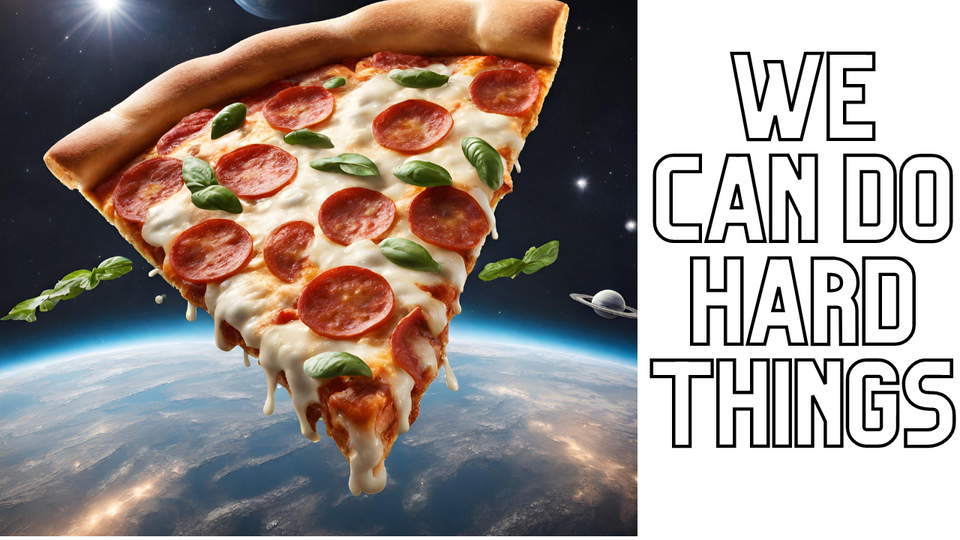Unlocking the Power of Drastic Decisions: Lessons from History

Embracing Difficult Decisions for a Better Tomorrow
I want to learn how to make difficult decisions rather than allowing inaction to make the decision for me.
I think sometimes we set the wrong goals, trying to avoid pain.
Pain in life is inevitable; it cannot be avoided. Difficult situations and discomfort are part of life.
I would suggest that we need to change our goals. Instead of striving for comfort, we should focus on doing what is right, considering how our decisions can positively impact those around us and the consequences they may entail.
Recently, I've been reflecting on a historical decision that was far from easy.
Once upon a time, in the summer of 1940, the world stood on the brink of war. Winston Churchill, the unwavering Prime Minister of Britain, faced one of the most challenging decisions of his life.
The French fleet, once an ally, had become a grave threat. To ensure the safety of his nation, Churchill made a drastic decision — he ordered the destruction of the French fleet stationed at Mers-el-Kébir.
This decision was agonizing for Churchill. He knew that many French sailors were innocent of the Vichy government's collaboration with Nazi Germany.
However, he believed that the risk of the French fleet falling into enemy hands and being used against Britain was too great to bear.
In that moment, Churchill prioritized the safety of his nation over personal feelings and made a choice that would weigh heavily on his conscience.
Churchill made a difficult decision one, that gave him many enemies and that many people disagreed with.
Whether you agree or disagree, it is important to understand the importance of making decisions.
What would have happened in history had Churchill not taken action?
I don't know.
Fast forward to the present day, and we find ourselves faced with another momentous decision — this time concerning the Federal Reserve and the fate of the banking system.
You see, there is massive debt that cannot be paid. It is absolutely impossible for this debt to be paid.
The only solution is to devalue the currency and cause inflation so that we can survive as long as possible.
If we default on the debt, it will be catastrophic, bringing the entire economy to a crashing halt. On the other hand, if we continue to devalue the currency, people will sink deeper into poverty.

Obviously, we are going to avoid default as long as possible because it is a slow death instead of instant pain.
The financial world trembles as it contemplates whether the Fed should bail out struggling banks or let them face the harsh consequences of their actions. In the pursuit of avoiding immediate pain, some argue for bailouts to prevent financial catastrophe.
Others advocate for letting the banks face the music, believing that such a reckoning is necessary for a healthier financial system in the long run.
I want to remind you that life is never without pain. Avoiding one type of pain often leads to another. Inaction can sometimes result in greater suffering.
Just as Churchill had to make a tough decision to safeguard his nation, we must also make difficult choices in life.
It's in these moments of decision that our character is tested.
In the end, whether it's a wartime decision like Churchill's or an economic choice like the fate of the banks, you can decide to make hard decisions every day.
If you can take action and make those decisions, your life and the lives of those around you will be better for it. Your decisions impact others.
Life demands that we do hard things and face difficult decisions.
It's through these actions that we navigate the complex journey of life and, hopefully, find our way to success and fulfillment.
What are the hard decisions you need to make?
Make them today.
And start building a better world.
To your Trading success,
Casey Stubbs